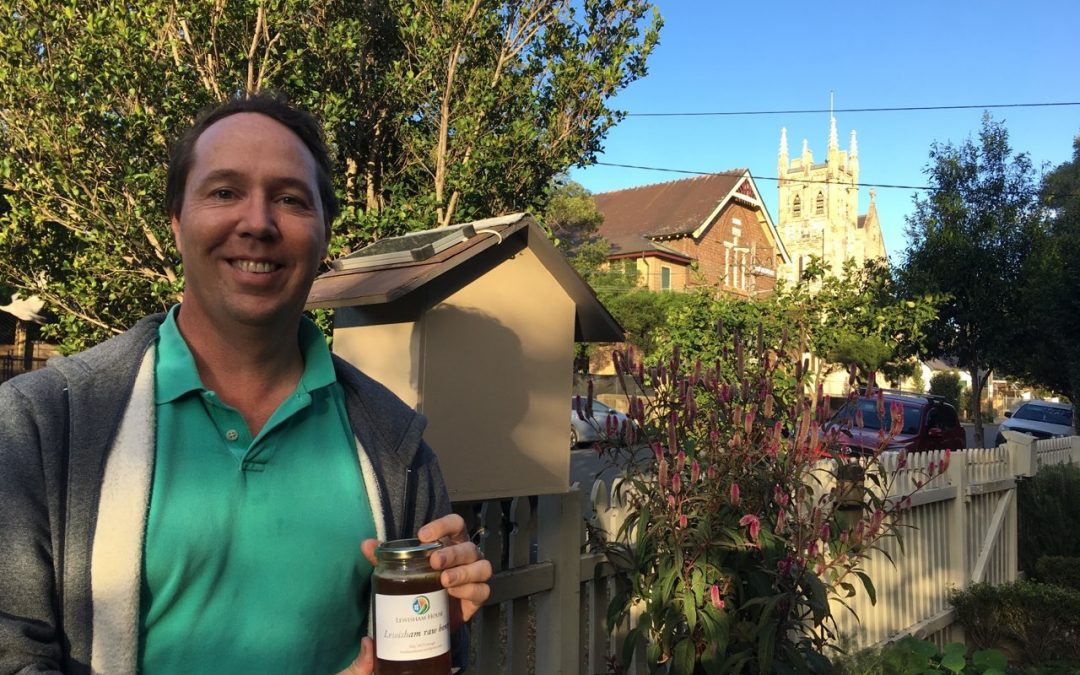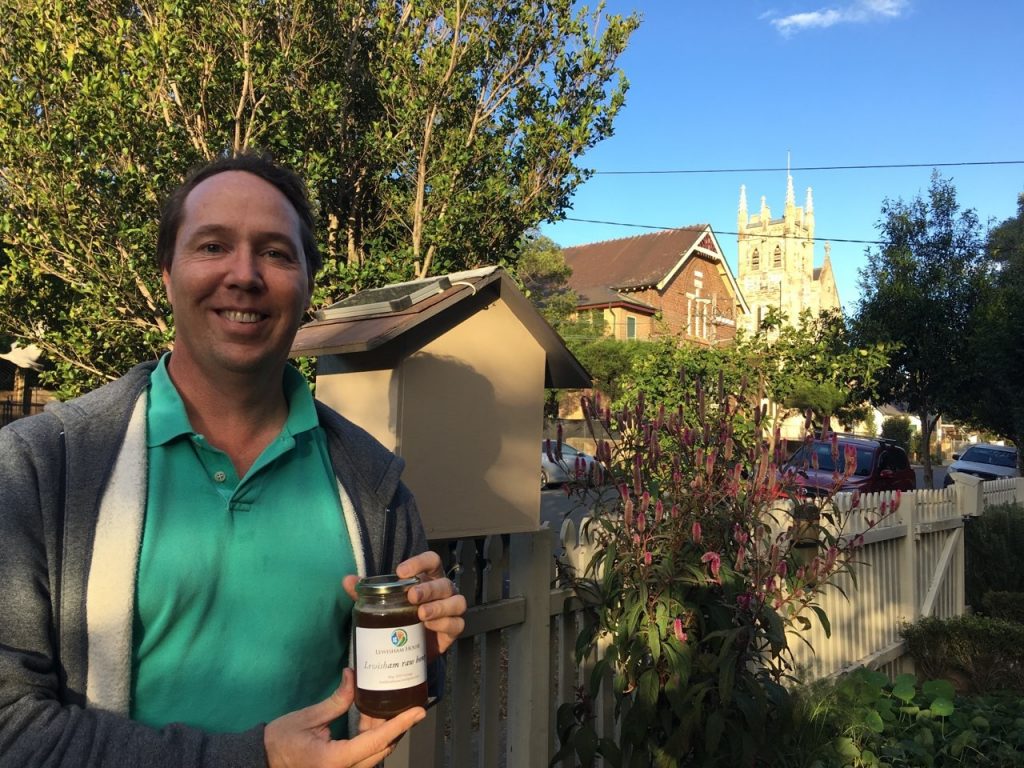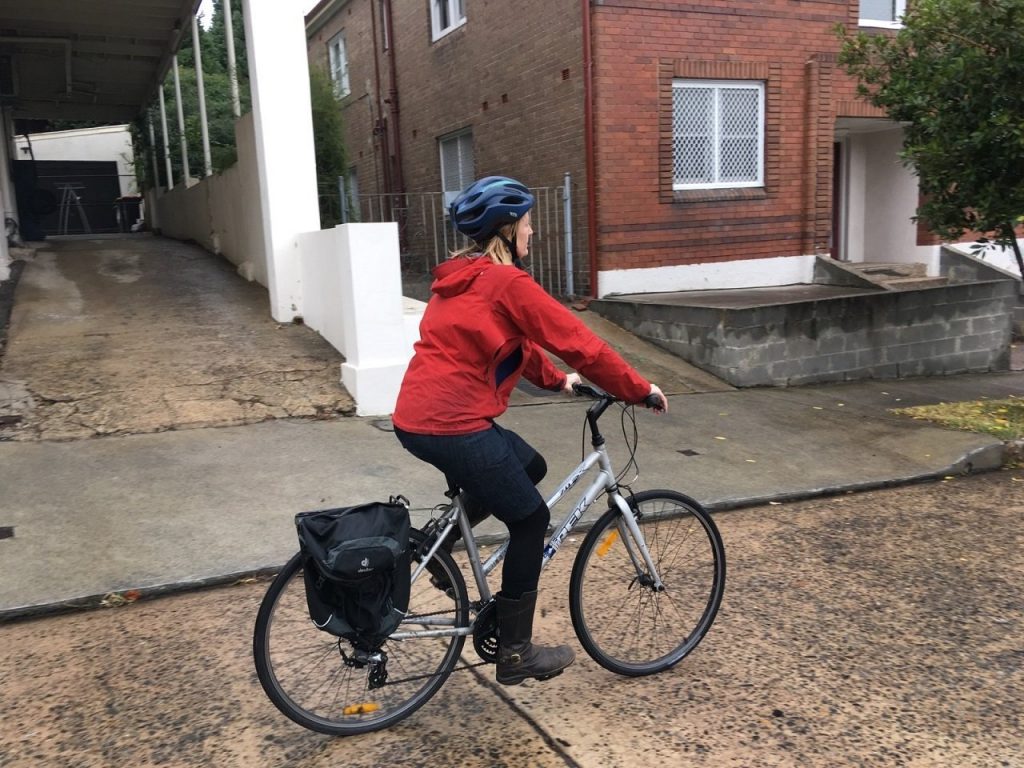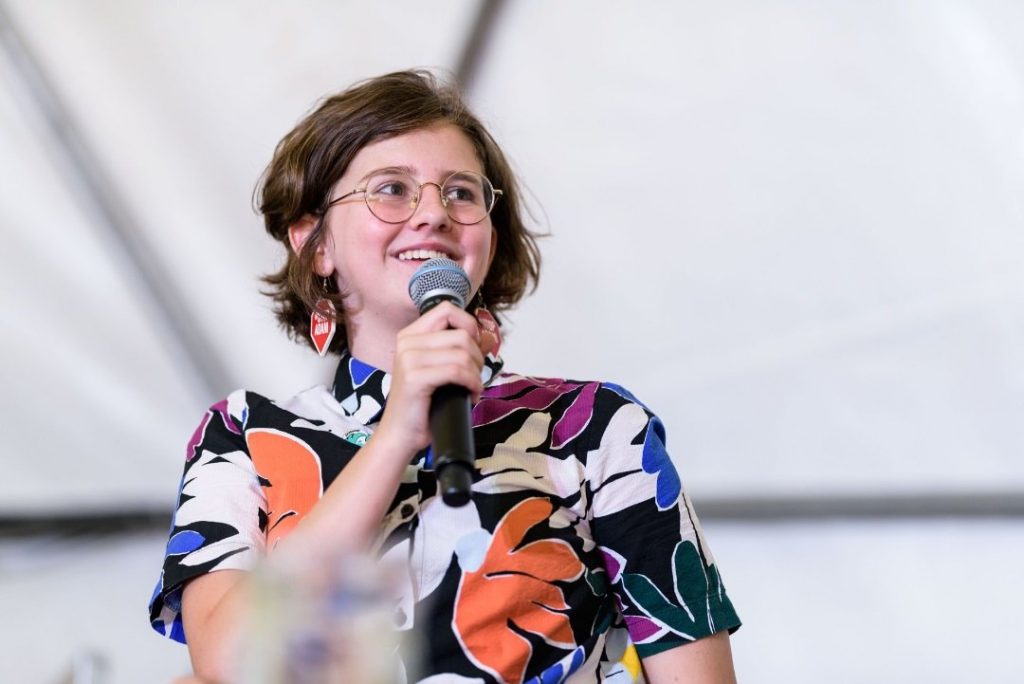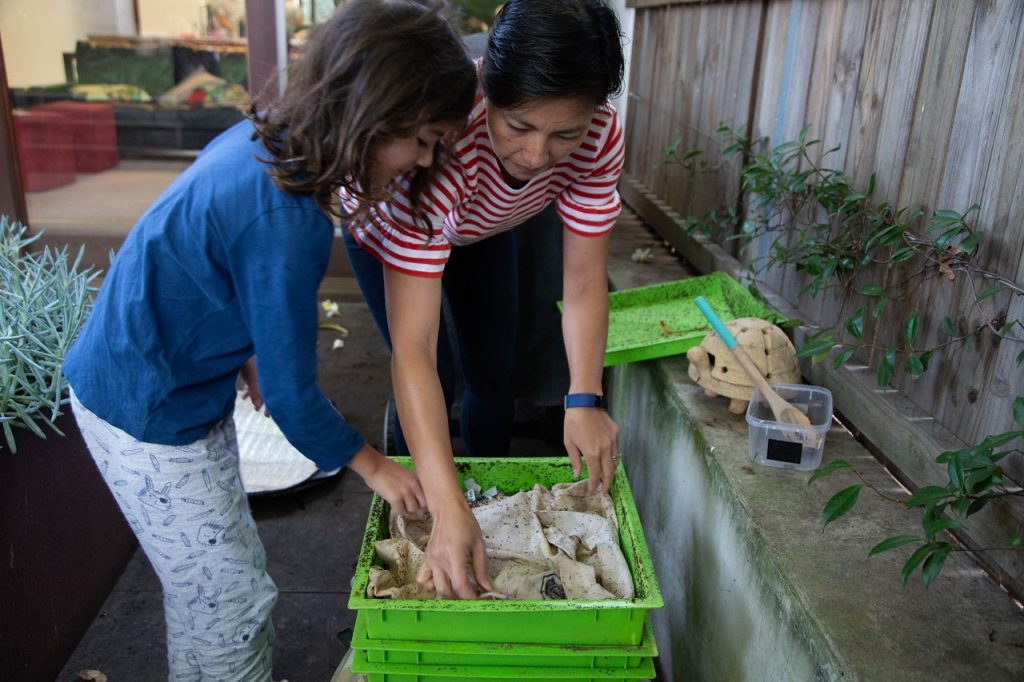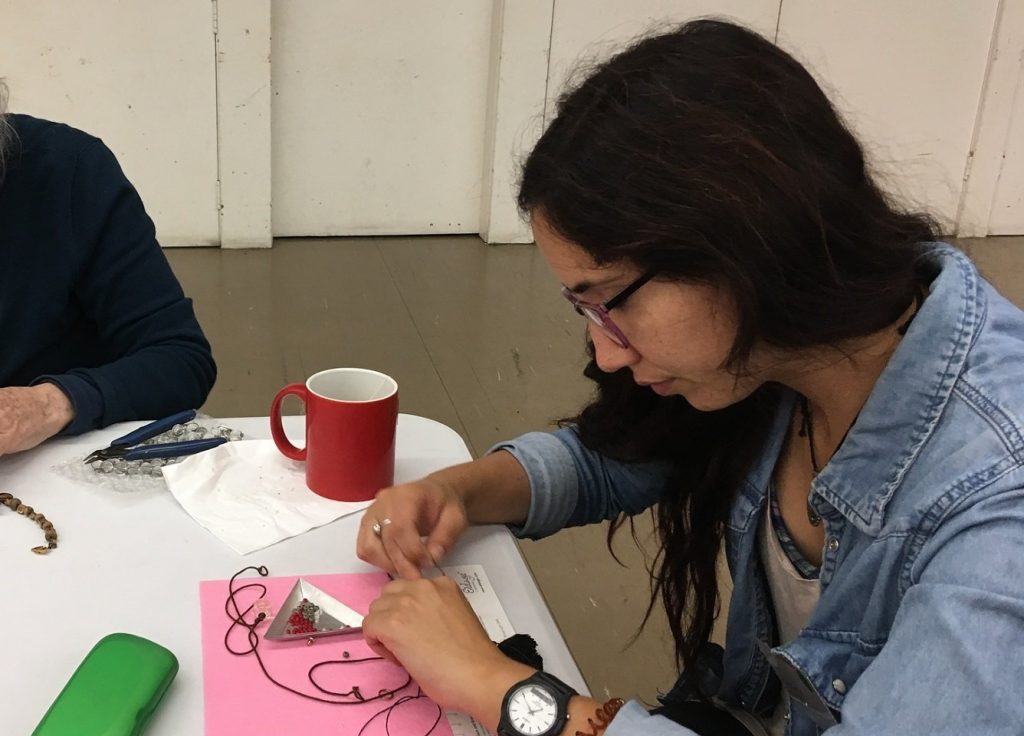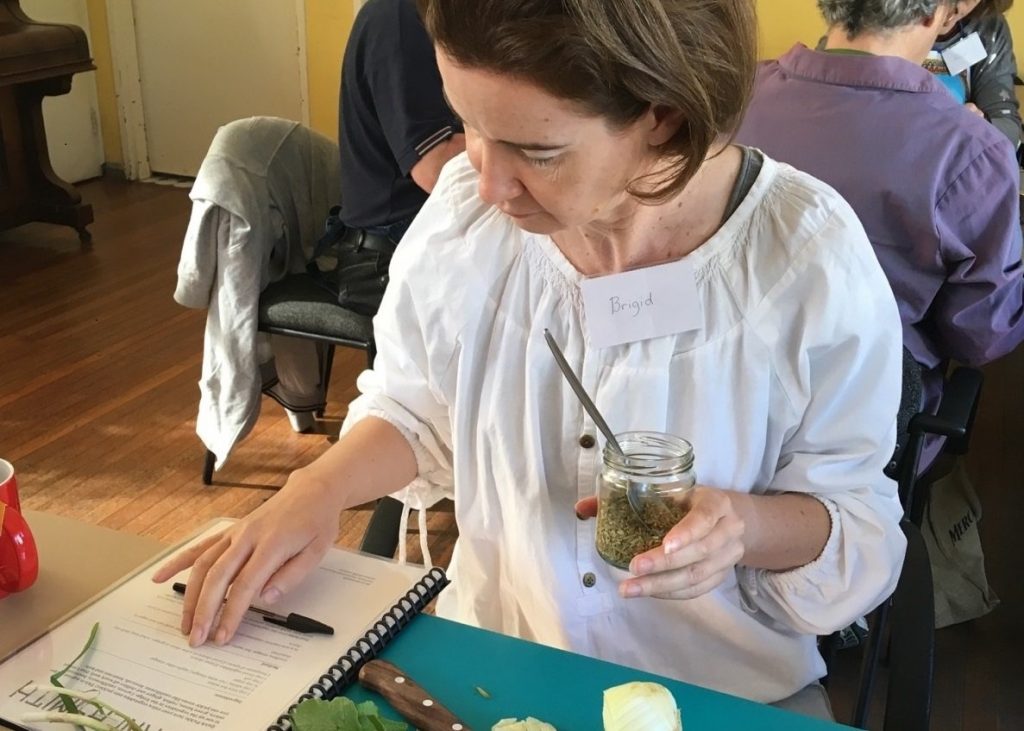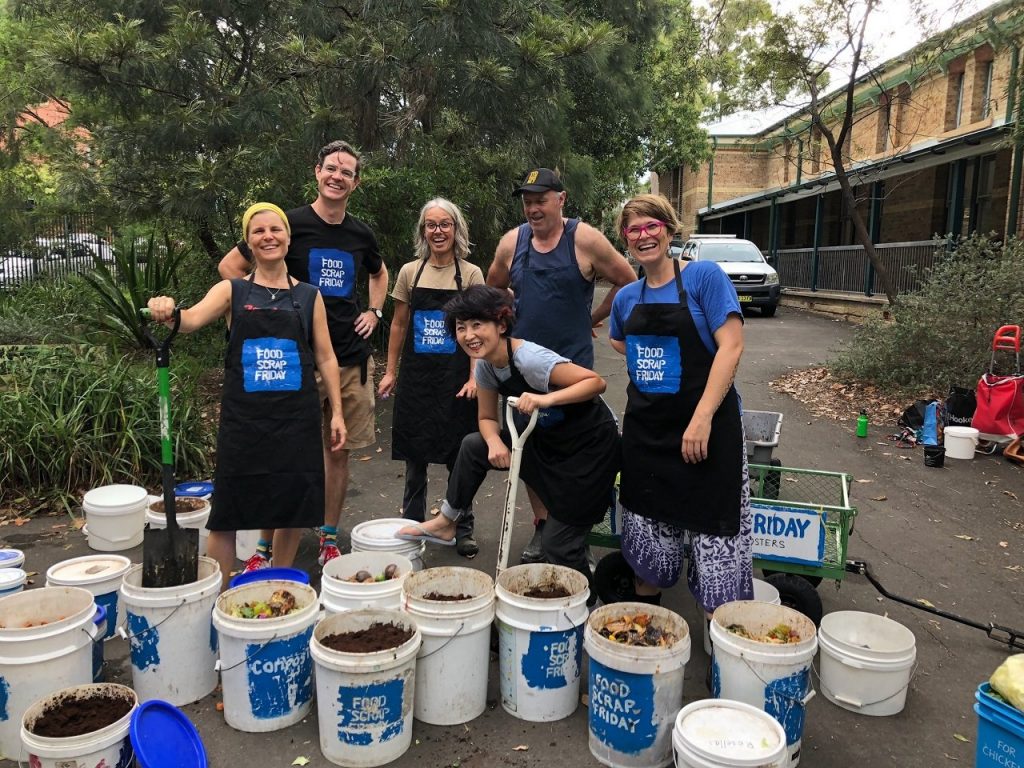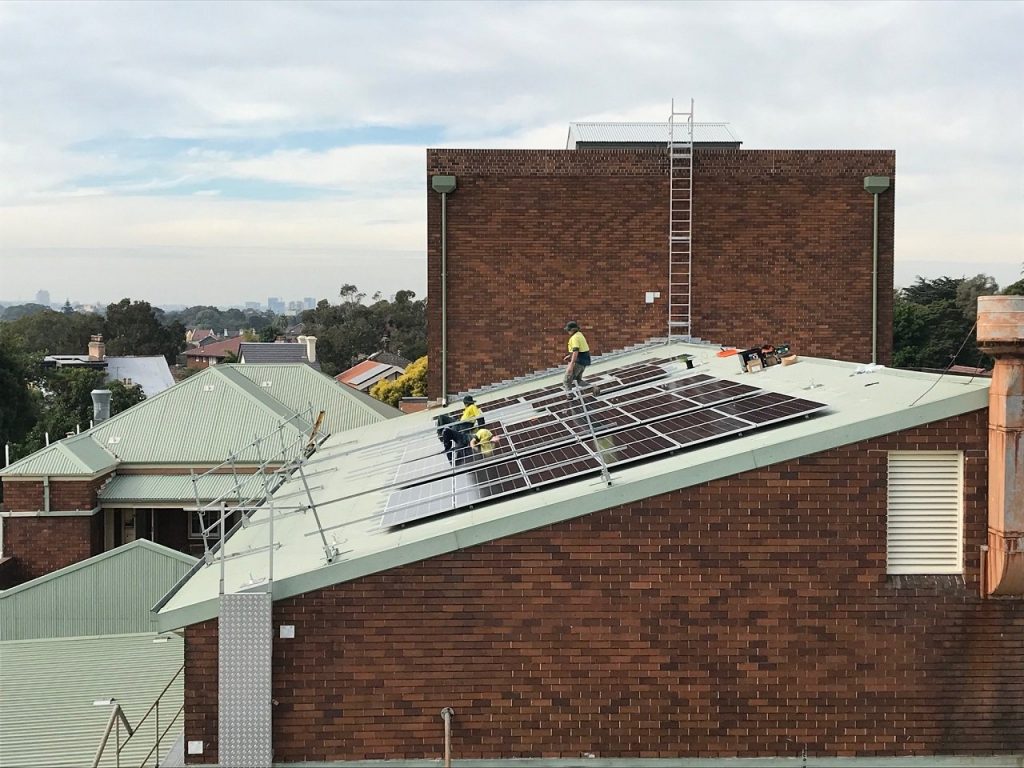Today is World Environment Day. It’s a day to take positive action for the environment. In the Inner West we are installing solar, tending to our food gardens, reducing plastic waste, learning how to repair and upcycle broken items, and so much more. All these big and small actions help reduce our impact on the earth and decrease carbon emissions.
These are some of the actions members of our community are taking to create a Sustainable Inner West:
- James made honey from his rooftop bee hives.
- Sue cycles to work. Choosing not to drive reduces Sue’s carbon emissions while cycling keeps her fit and healthy.
- Jean talks to people about climate change. As a lead organiser of School Strike for Climate Jean is changing the conversation around climate change and motivating young people to get involved.
- Katrina feeds her worm farm with food scraps. Worm farming and composting reduces the amount of food waste going to landfill, and creates a nutrient rich product to improve your soil quality.
- Andrea attended a jewellery upcycling workshop. Upcycling broken jewellery, ripped clothes, damaged furniture etc gives new life to beloved pieces and prevents them from going to landfill.
- Brigid attended a waste free kitchen workshop. On average Australians throw away 20% of the food they buy, but learning how to pickle and preserve is one way to reduce food waste.
- Lachlan and Georgina inspire their school community with their Food Scrap Friday program. Each Friday families drop off the food waste they’ve collected that week for composting in the community garden.
- Inner West Council installed solar panels on Petersham Town Hall.
What action will you take today to be part of a Sustainable Inner West? Let us know via Facebook.

